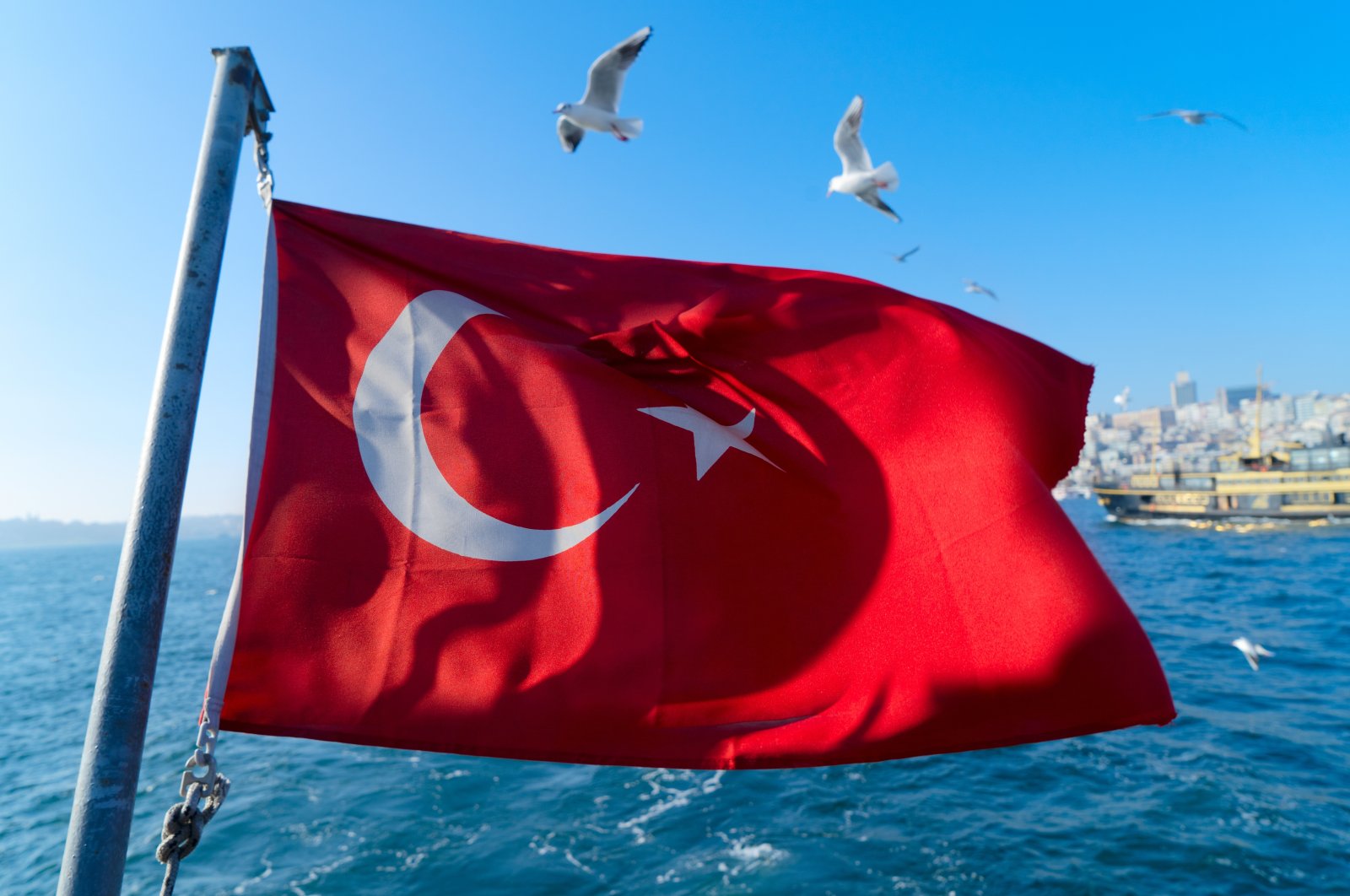
Turkey has achieved numerous successes in geopolitics and foreign policy in recent years. These include the resolution of the Karabakh conflict, peacekeeping in and the maritime deal with Libya, the restructuring of the Organization of the Turkic States (OTS), the Africa Initiative, and most recently, its mediation role in the Russia-Ukraine war.
Ankara has also emerged as a soft power in the last few years by increasing the number of its foreign missions and strengthening its broadcaster abroad. Two years ago, the Antalya Diplomacy Forum (ADF), which has become highly regarded among prominent diplomats, started. The event this year played a key role by bringing the foreign ministers of Russia and Ukraine to the table for a solution of the war.
Furthermore, as the world's second-largest series exporter, Turkey's high-quality productions have enhanced its influence globally, especially in the Balkans, Latin America, and the Middle East and North Africa (MENA). Despite such successes, there’s still a lot do. Special envoys, for example, can be one of the next items on the to-do list in Turkey's foreign policy.
The United States and other leading Western states already use such envoys to create a focused and competent resolution body for specific issues. Special envoys can intervene on an ad hoc basis, but above all, can set long-term goals in responsible areas and pursue them. As a result, countries can free their foreign policy from daily politics and follow it consistently even when there is a change of government. Such a process is regularly referred to as state policy. Such a state policy is essential to achieve medium- and long-term goals. Otherwise, day-to-day and partisan interests can jeopardize long-term foreign policy interests. Turkey has already ventured the first step in this direction, launching the Coordination Office for Cyprus in 2019. With this office, all concerns around Cyprus are to be managed from a single source. The past years have shown that this office is efficient, as it has saved the Turkish bureaucracy a lot of work, time and money.
But why should a similar system not be launched in other areas as Turkey is pursuing different interests on a regional and global scale, first and foremost regarding logistics, energy, climate, geopolitics and international crisis management? On the one hand, it repeatedly calls on the international community to reform the United Nations Security Council (UNSC) as, according to Ankara, the latter is systematically incapable of taking proactive or preventive action against global and regional conflicts. On the other hand, Turkey is a proponent of equitable development aid to less developed parts of the world, such as Africa, based on a win-win philosophy. This is why it has gained high recognition as a fair player on the African continent.
Ankara repeatedly advocates for stricter climate policies worldwide to counteract climate change and compensate the least industrialized countries for the pollution caused by highly industrialized countries.
The country has a great interest in ending conflicts – in its neighboring regions – in a way that is beneficial to all parties. The Turkish government has already fulfilled this ideal in the last few years and most recently in the Caucasus – and maybe soon in Ukraine – proving its capabilities.
For almost two decades, President Recep Tayyip Erdoğan has been also trying to unite the Islamic world in terms of interests and to represent these common interests in the global arena. In doing so, Turkey also seeks to combat the worldwide trend of Islamophobia. Similarly, this is the case with the country's role in the Turkic world. The only difference is that religion is replaced here by common ethnic origins and culture.
Future policy
Given the Turkish government's ideals, its nation's geostrategic position, and its geographic proximity to hot spots, Ankara pursues significant regional and global goals. Turkey has a large worldwide network of embassies but with special envoys, this can even become stronger.
For example, special envoys can be responsible for a specific area such as climate, energy or so on. Such a position can help generate more effective road maps in foreign relations. They can directly have contact with the foreign minister for targeted, specific tasks. From counterterrorism to economic goals, several issues can be put at the center. By doing so, the country can boost, strengthen and vary its foreign strategies and develop its cooperation with partners and allies worldwide.
